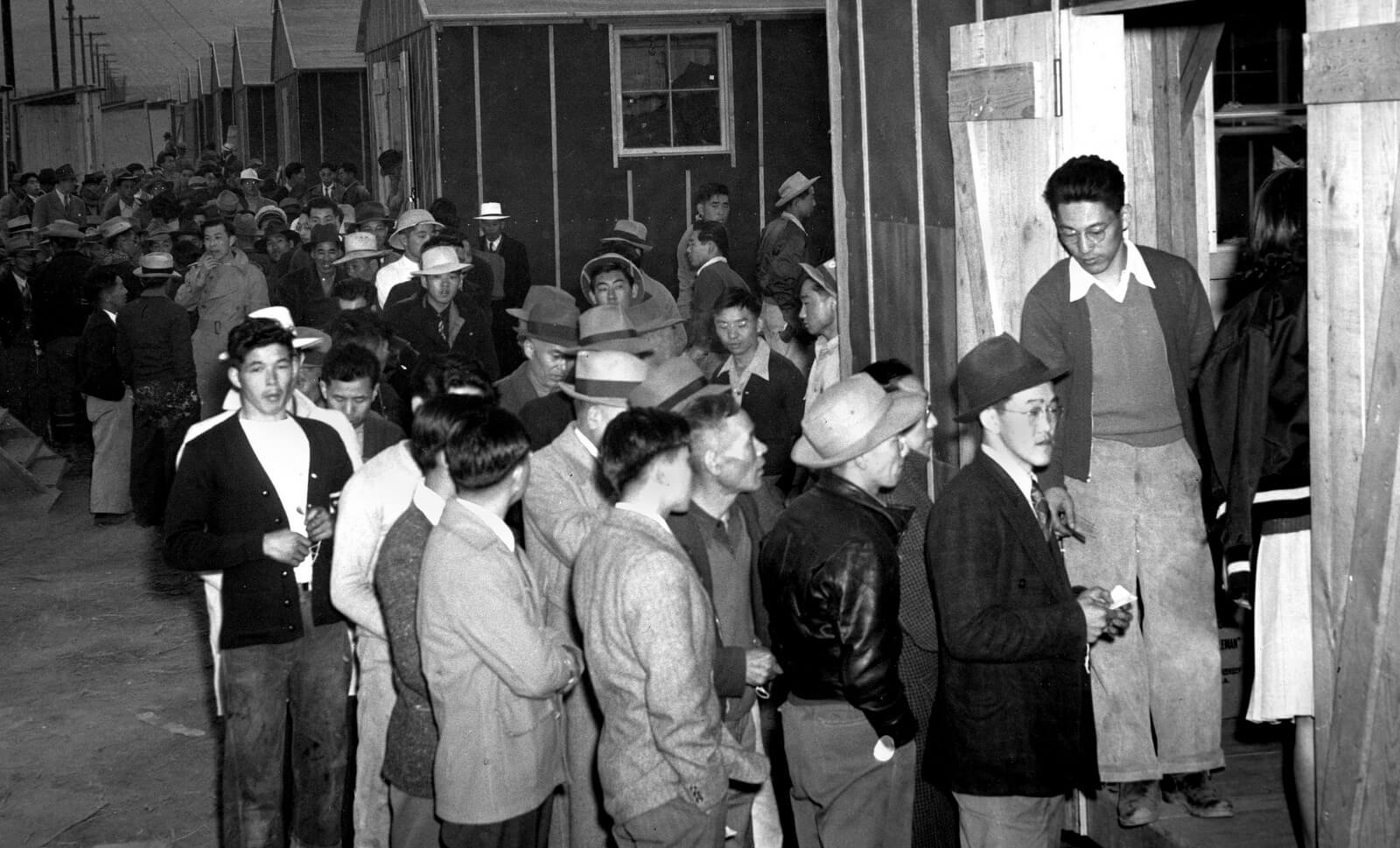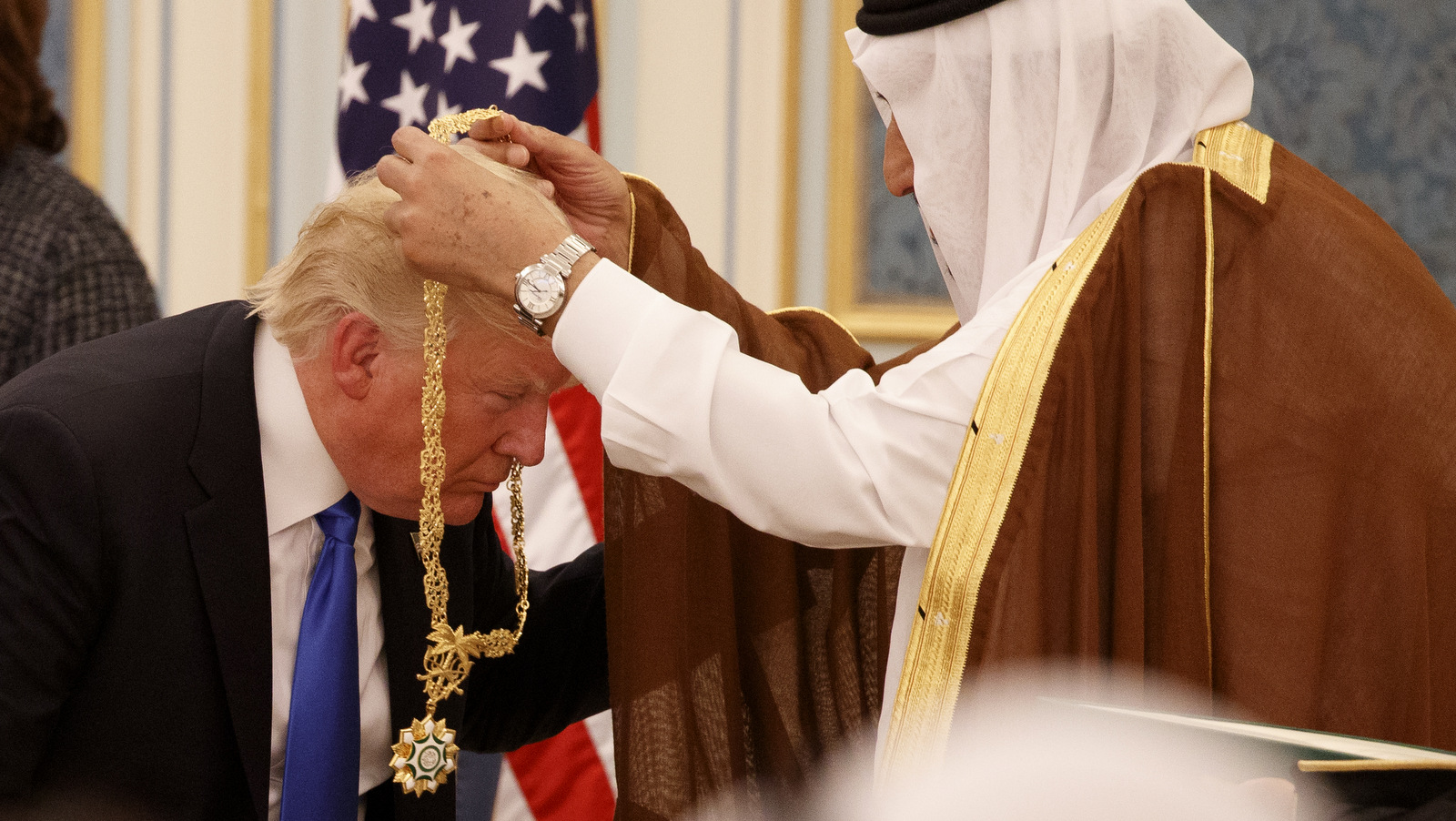WASHINGTON — Though the recent Supreme Court ruling on Trump vs. Hawaii, which upholds President Trump’s “Muslim ban,” has been widely covered by the press, very few outlets – if any – have explored some truly unnerving implications hidden within the court’s majority opinion. In order to explore these implications further, MintPress spoke to Ryan Alford, Associate Professor at the Bora Laskin Faculty of Law and author of Permanent State of Emergency: Unchecked Executive Power and the Demise of the Rule of Law.
MPN: Chief Justice Roberts, who wrote the majority opinion, talks a lot about whether the judicial branch even has the authority to rule over executive orders like Trump’s so-called “Muslim ban.” Is he accurate in asserting that the Supreme Court has limited authority in this matter or is this another power giveaway to the executive branch?

Ryan Alford
Alford:
It’s important to look carefully at what Roberts says. It’s very difficult to read judicial opinions and track what’s actually going on if you don’t have a lot of knowledge of the history of how the Supreme Court developed its jurisprudence. However, somebody who has tracked that jurisprudence would be looking for attitudes towards particular types of issues.
The way that the Trump administration raises this particular problem is to make a very strong assertion about the non-justiciability of the issue. What they effectively say is that no court has the ability to second-guess the president when he exercises his authority over foreign affairs or national security. This of a piece of the very aggressive arguments made by executive branch lawyers in both the Bush and Obama administrations’ “War on Terror” cases.
Roberts is exceptionally cagey. The way he deals with this argument is by not deciding if he has the power to address the allegedly non-justiciable issues. Essentially, he is allowing this to remain undecided so it can be asserted again in the future. Roberts has left the door open for future assertions of this nature. He essentially allows the administration an emergency exit if there arises a stronger legal challenge in the future by holding in reserve the argument that, regardless of whether or not the opponents of an executive order have a good case, this is not the kind of issue the Supreme Court could address.
In this ruling, the majority opinion authored by Roberts has given the executive branch an instruction manual for surviving constitutional challenges to controversial measures such as indefinite arbitrary detention. First, the president needs to invoke some sort of interest the Supreme Court considers legitimate, like national security or the effective use of executive war powers, for example. As long as the president doesn’t explicitly mention a discriminatory purpose in the order itself, regardless of whether he tweets about it ad nauseam, the Court has shown it will now take the president at his word. Second, the president should connect his power to a grant of authority from Congress.
MPN: The dissent written by Justice Sotomayor invokes the case Korematsu v. United States, which challenged President Franklin Roosevelt’s executive order that all persons of Japanese ancestry living along parts of the country’s West Coast be forcibly relocated to internment camps.
However, Justice Roberts rejects her invocation of the case, asserting that “Korematsu has nothing to do with this case.” Is Sotomayor right to be concerned about the possibility of a “new” Korematsu – i.e. the military detention of U.S. citizens – in the future, either under Trump or a subsequent president?
Alford: Absolutely, it’s a very serious concern — now more than ever. Prior to Korematsu, Japanese Americans were identified in 1942 by means of the FBI index, which was converted into the Custodial Detention Index. It included a list of people associated with enemy powers and “subversives” to be immediately arrested at the outbreak of war. After World War II, this continued under various guises. Public awareness of the dangers associated with this were quite high during the 1960s, particularly during the anti-war protests.
In the late 1960s numerous illicit CIA and NSA operations against the American people were exposed, as were similar operations by the FBI. As a result, it became clear that these agencies were continuing to index American citizens and put them into various categories. There were suggestions at the time that the Americans on these lists would be designated for internment in the event of a national emergency or an uprising. This led Congress to act and pass a bill in 1971 — the Non-Detention Act. This Act is supposed to prohibit something like Japanese internment from happening again in the future.

After being forced from the homes in Los Angeles by the U.S. Army, Japanese civilians wait in line for their assigned homes at an alien reception center in Manzanar, Calif. 120,000 Japanese-Americans were imprisoned during World War II. Photo | AP
However, this began to change after the election of Ronald Reagan. Under Reagan, it became fairly clear that this type of list was still being maintained. We know this because there was a military exercise in 1984 in which the military essentially ran drills constructing and maintaining internment camps for Americans citizens, apparently in connection with plans to detain Americans in the event of a major public-order emergency associated with U.S. intervention in Central America — around the peak of the Contra War in Nicaragua.
At that time, informed observers told journalists that there were lists of around 100,000 Americans designated to be interned in connection with U.S. foreign policy in Central America, which is clearly contrary to the Non-Detention Act. Currently, such lists are contained in what is known as the Main Core database, which purportedly contains 8 million potential suspects, some of whom are purportedly on lists of those to be detained in a crisis.
After the War on Terror began, the Bush administration asserted that it had executive authority to detain American citizens, which came to pass in the case of José Padilla. When Padilla’s case was heard by the Supreme Court, the court evaded addressing the question of whether or not the president had authority to detain American citizens. A subsequent court case in the Fourth Circuit saw that court issue a highly unusual order that stated that its earlier ruling that the president has the ability to order the detention of American citizens still stands.
So, there remains a precedent on the books for the mass arbitrary detention of American citizens, which is now also supported by Congress’ passage of the 2012 National Defense Authorization Act, which authorizes the government to indefinitely detain American citizens. Court challenges to the 2012 NDAA subsequently led to appellate court rulings which stated that, unless one could prove that they are on one of these lists and are therefore potential targets for military detention, one has no standing to challenge the constitutionality of such measures, which means the courts will evade their responsibility to address its constitutionality.
Sotomayor is right to be alarmed because the infrastructure of the mass detention that occurred during World War II has never been dismantled. Instead, it has arguably been expanded. Furthermore, the majority opinion in this [Trump v. Hawaii] case says only that the president cannot imprison U.S. citizens or foreign nationals living the United States “explicitly and solely” on the basis of race. Furthermore, the Supreme Court has now stated that it will be looking only at the official basis supplied by the text of the executive order, not the overwhelming evidence pointing to the president’s real intention of targeting Muslim-Americans.
Sotomayor’s dissent also warns us — implicitly — that Roberts’ decision to adopt this type of standard essentially tells the president how he can draft a future executive order that would allow him or a future president to create mass detention camps of American citizens deemed national security threats, whether or not they just by happenstance are 99 percent Arab, without concern of a legal challenge from the U.S. Supreme Court.
This is because the Court has essentially stated that it would refuse to look at evidence in future cases that an executive order is unconstitutional as long as the text of that order does not explicitly single out a group of Americans based on their ethnicity or religion, even if there are facts that demonstrate that it is clearly aimed at members of those groups.
MPN: In a legal sense, do you think Trump’s “Muslim ban” actually serves that “national security” interest, as the text of the Executive Order asserts?
Alford: The executive order at the heart of the Korematsu case, for example, did not include any mention of Japanese Americans living in Hawaii. For example, at the time of Pearl Harbor, about a third of the population of the Hawaiian islands were of Japanese ancestry. If Roosevelt had been really concerned about espionage and sabotage and so forth, the Japanese Americans living in Hawaii would have been included. It came out later, of course, that the internment of Japanese Americans during World War II was merely “security theater” and was actually motivated by discrimination.
In the case of Trump’s “Muslim ban,” we see something similar, as countries that are known to fund or support terrorism or terrorist groups – like Saudi Arabia and Qatar among others – are notably absent from the ban. Instead, the Muslim-majority countries that are are included in the ban are those that are at odds with Washington or are the victims of the U.S.’ interventionist foreign policy in the region.

Saudi Arabia’s King Salman presents President Donald Trump with The Collar of Abdulaziz Al Saud Medal at the Royal Court Palace, May 20, 2017, in Riyadh. Evan Vucci | AP
This shows why it is so important to the government that the Court does not look behind the face of these the administration’s stated rationale. So when you have an executive order and the courts, when assessing the order’s legality, adopt the stance that they are going to take the document at face value, that’s done intentionally and with reason. There are some clear correlations between Korematsu and the “Muslim ban” case today, namely a Supreme Court that bends over backwards to give the executive the benefit of the doubt.
MPN: Does Roberts’ deference to the executive branch on making policies under the pretext of national security weaken his claim that Korematsu has nothing to do with this case?
Alford: We see invocations of deference to the executive branch throughout recent Supreme Court jurisprudence. These need to be seen as signals to the executive branch that, when the executive wants to act, it should invoke “national security” as its pretext. This sets up “markers” for a path that the executive branch can take in these matters that will not be challenged by the judicial branch.
The concurring opinion written by Justice Frankfurter on the Korematsu case points to exactly this. Frankfurter invoked the themes of war-time and national security and argues that, in this type of situation, courts should respect the decisions of the executive branch. So, there is a clear link between the rationale of Frankfurter in not disturbing Korematsu and Justice Roberts’ comments on a hypothetical, future case in which national security is used as a rationale either to not look at the executive branch’s true motives or the realities of the circumstances surrounding the case because of what he argues is a need for that deference.
MPN: You’ve raised concerns that legislation currently making its way through Congress could have a dangerous impact on any president’s ability or the government’s ability to indefinitely detain American citizens. Which bills are of particular concern to you in this matter and why?
Alford: The most troubling pending bill, and troubling is an understatement, is currently in the U.S. Senate as Senate Bill 59 (S-59), sometimes known as the 2018 Authorization for the Use of Military Force (AUMF 2018). There is so much in this bill that deserves criticism. First, it provides for the use of military force abroad without further congressional authorization, allowing the president to conduct the “War on Terror” anywhere around the world, as he sees fit. This bill, if passed, is effectively an open-ended authorization for U.S. imperialism around the globe.
Additionally, with respect to the mass detention of Americans, there is a specific provision in the 2018 AUMF/ S-59 that provides for this explicitly. The way it accomplishes this is quite opaque, but if you look at the text of the bill, it describes how existing legislation will be amended. Looking at the legislation that S-59 amends, the text of S-59 itself, and the existing Supreme Court jurisprudence, informed observers are unanimous in saying that this bill would authorize the military detention of Americans within the United States during peacetime.
If S-59 is passed [as the AUMF 2018], fear of mass detention will be more founded that at any time since the Nixon Administration. It is a clear congressional authority of the kind implicitly required by the Supreme Court; and if an executive order references it, invokes “national security” concerns, and is not explicitly discriminatory on its face, the Supreme Court – as demonstrated by the travel ban ruling — would almost certainly fail to stop the mass detention of American citizens deemed by the executive branch as “national security threats,” whether or not they “happen” to be 99 percent ethnically Arab or practicing Muslims.
Top Photo | A child stands next to a protester representing the Statue of Liberty Trump’s Muslim ban on June 26, 2018, in New York. Civil rights organizations, expressed outrage and disappointment at the U.S. Supreme Court’s decision Tuesday to uphold President Donald Trump’s ban. Andres Kudacki | AP
Whitney Webb is a staff writer for MintPress News and a contributor to Ben Swann’s Truth in Media. Her work has appeared on Global Research, the Ron Paul Institute and 21st Century Wire, among others. She has also made radio and TV appearances on RT and Sputnik. She currently lives with her family in southern Chile.
The post How the SCOTUS “Muslim Ban Ruling” Gives the President a Blank Check to Detain American Citizens appeared first on MintPress News.
